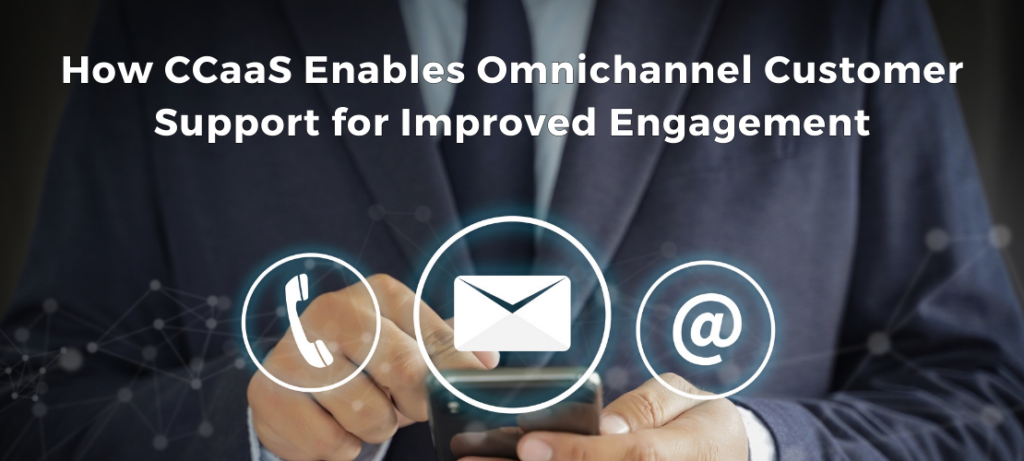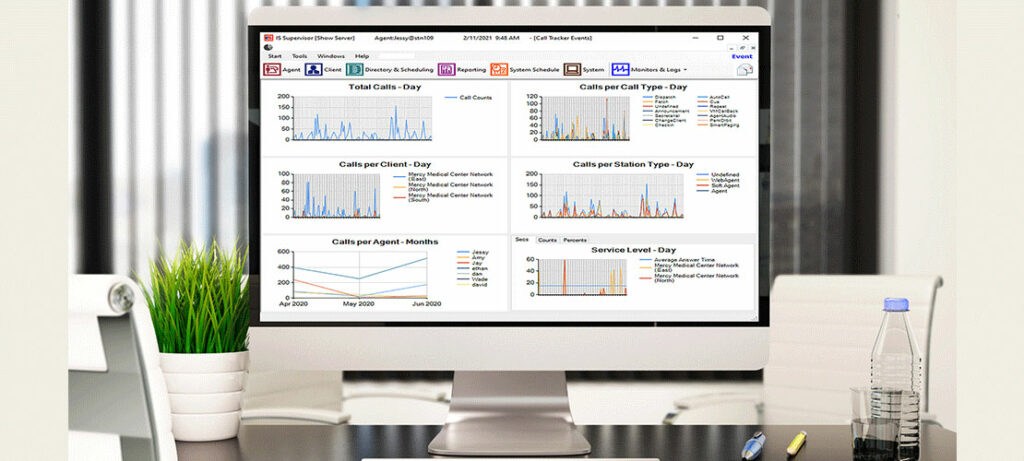
Blog
Show me articles about...
Featured Article
April 16, 2024
Join Amtelco at These Upcoming Events
Here is a look at the events we will be hosting or attending over the next few months. Be sure to visit our Upcoming Events page for more details.
All Articles
April 9, 2024 | Contact Center, Reporting and Analytics
The Power of Real-Time Data and Analytics in Contact Centers: A Comprehensive Guide
Read MoreMarch 26, 2024 | On-Call Scheduling
Web-based Enterprise On-Call Scheduling Vs. a Siloed, Paper Approach
Read MoreMarch 19, 2024 | Emergency Notifications, Operator Consoles
Best Practices for Designing Effective Automated Notification Workflows
Read MoreMarch 12, 2024 | Healthcare, Secure Messaging App
Increasing Patient Safety With Effective Healthcare Teamwork
Read MoreFebruary 27, 2024 | Answering Service Software, Contact Center
How CCaaS Enables Omnichannel Customer Support for Improved Engagement
Read MoreFebruary 21, 2024 | Amtelco News, Contact Center Software
Amtelco Announces New Software Release
Read MoreFebruary 20, 2024 | Contact Center Software, Healthcare
How Our Software Helps Hospitals Do More with Fewer Resources
Read MoreFebruary 6, 2024 | Contact Center Software, Healthcare















